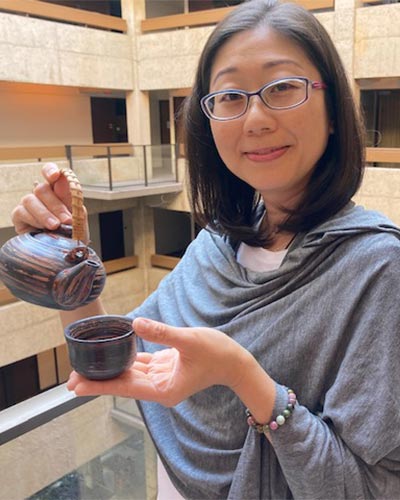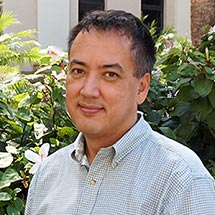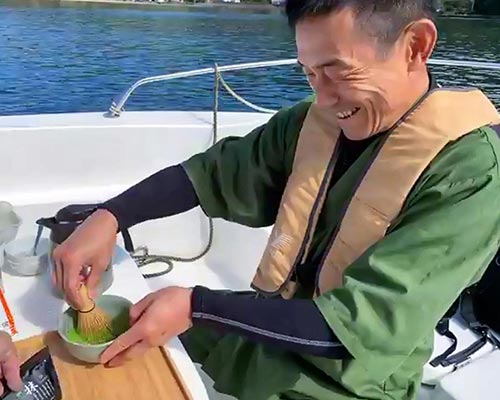After water, tea is the most consumed beverage in the world. So what can tea growers and producers do when COVID-19 shuts down public tours of their tea farms, starting in 2020? According to a book chapter co-authored by CSS’s Joan Pan, a Geography and Environment PhD candidate, and Wayne Buente, a professor of Communication, one option is to utilize Instagram to offer virtual tea tours, and to reach out to tea influencers to market tea tourism destinations and services.
The chapter co-written by Pan and Buente, titled “Facilitating tea stories on Instagram during the COVID-19 pandemic,” is featured in the recently published interdisciplinary Routledge Handbook of Tea Tourism. There are 32 chapters written by contributors across 19 countries.
“Our study focused on how social media, specifically Instagram with its highly visual culture, could help facilitate the multi-phase touring experience of tea farms, both locally and in other regions, and their marketing efforts,” said Pan. “This may open doors to future research into technology-mediated tea tourism.”
Key findings were gleaned from focusing on two businesses:
- Grass People Tree, a retail and wholesale tea brand based in London, United Kingdom, and Guizhou, China.
- Nagasaki Ikedoki Tea, a small tea tour operation on the western side of Kyushu in southern Japan.
The co-authors explored how the two businesses used Instagram to facilitate storytelling and marketing experiences during the COVID-19 pandemic through valued marketing, education and conversation. They learned that storytelling was vital in the tea industry, in which tea brands focus on the experiential nature of tea drinking; and that tea influencers – or people with the ability to reach potential buyers of tea via social media – could create compelling content that can be distributed to their own networks of followers.
Pan added that there are small-scale local commercial tea gardens, mostly on Hawaiʻi Island and Maui, and that several of them offer tours. “As with coffee farm tours in the state, tea tourism is a niche part of agricultural and specialty crops that can support the livelihoods of growers and producers, and diversify businesses,” said Pan. “Further, there are only a few domestic, U.S.-grown and -processed tea gardens, with most of them in Hawaiʻi. And Hawaiʻi-grown artisanal tea already has an appeal in the global specialty tea market.”


